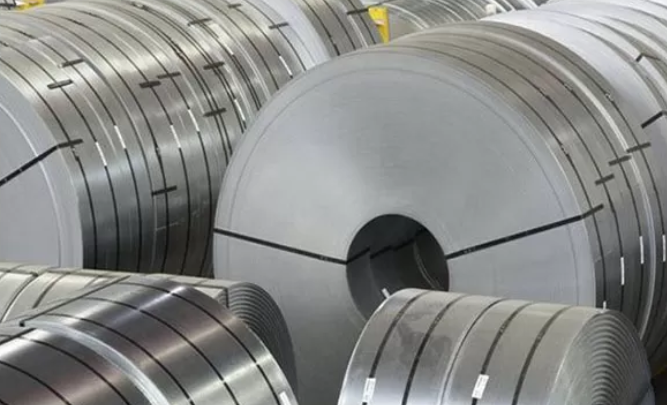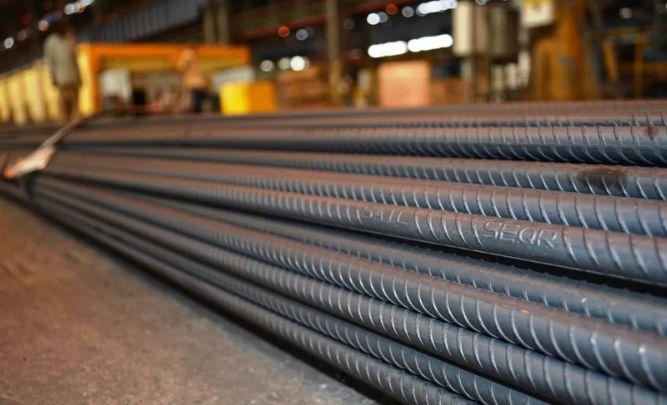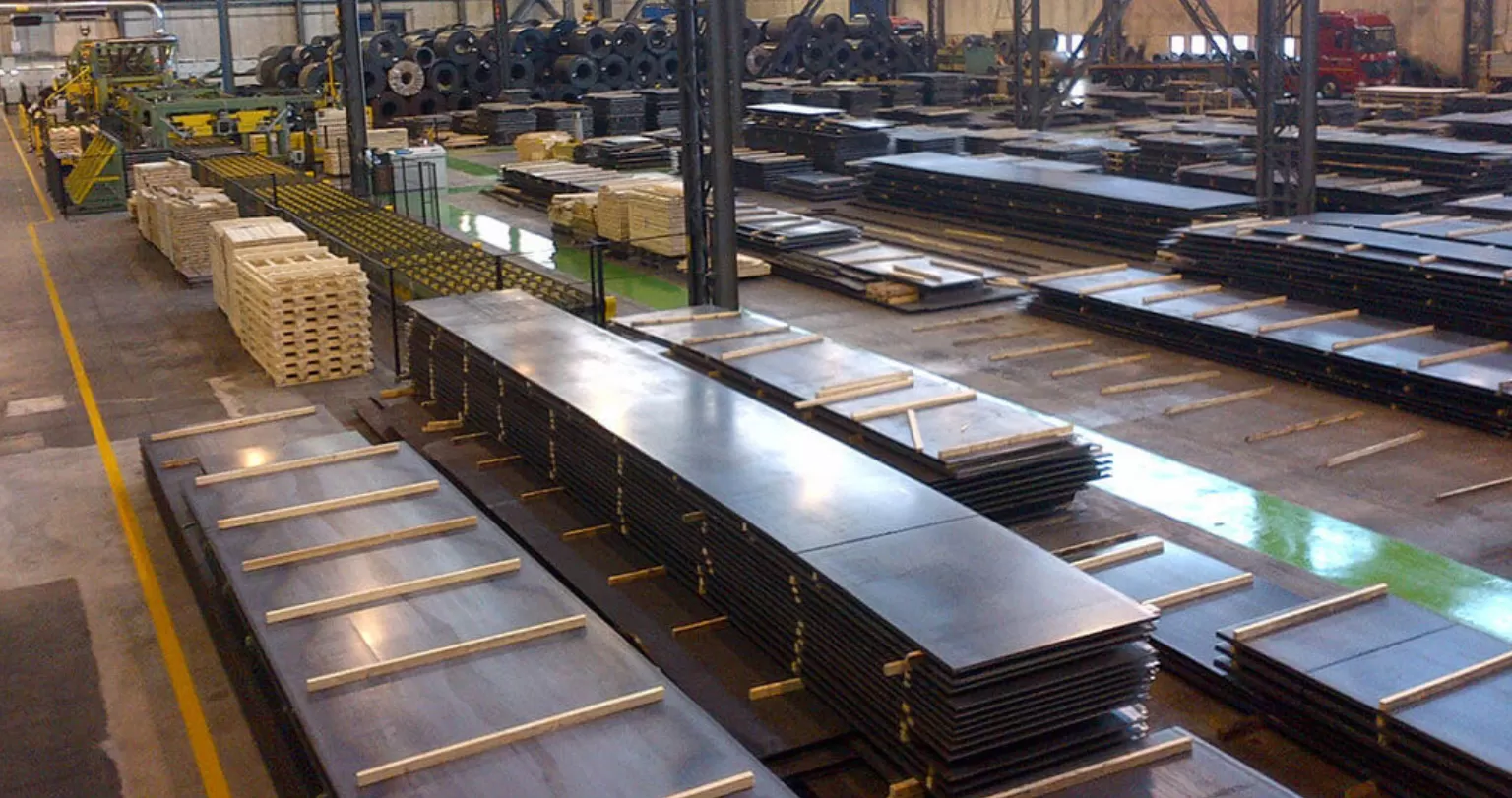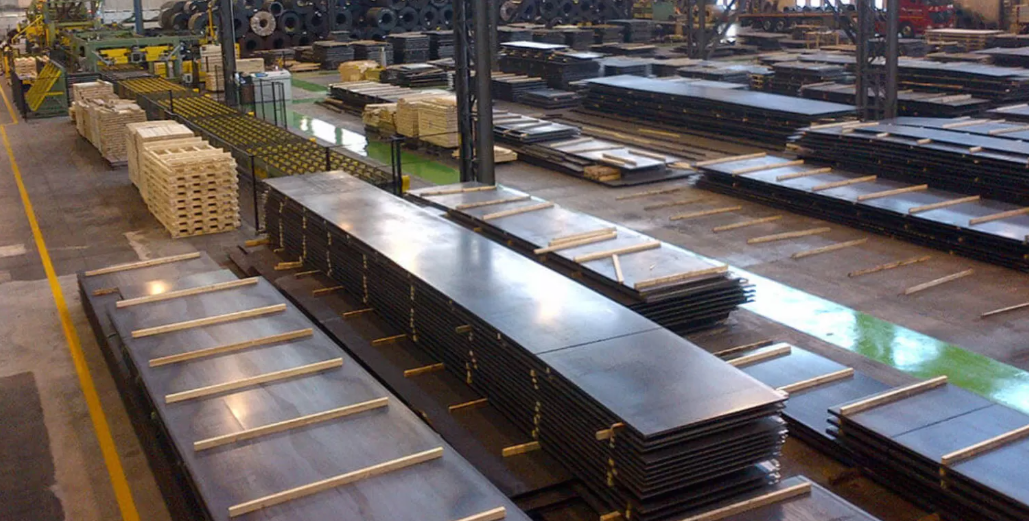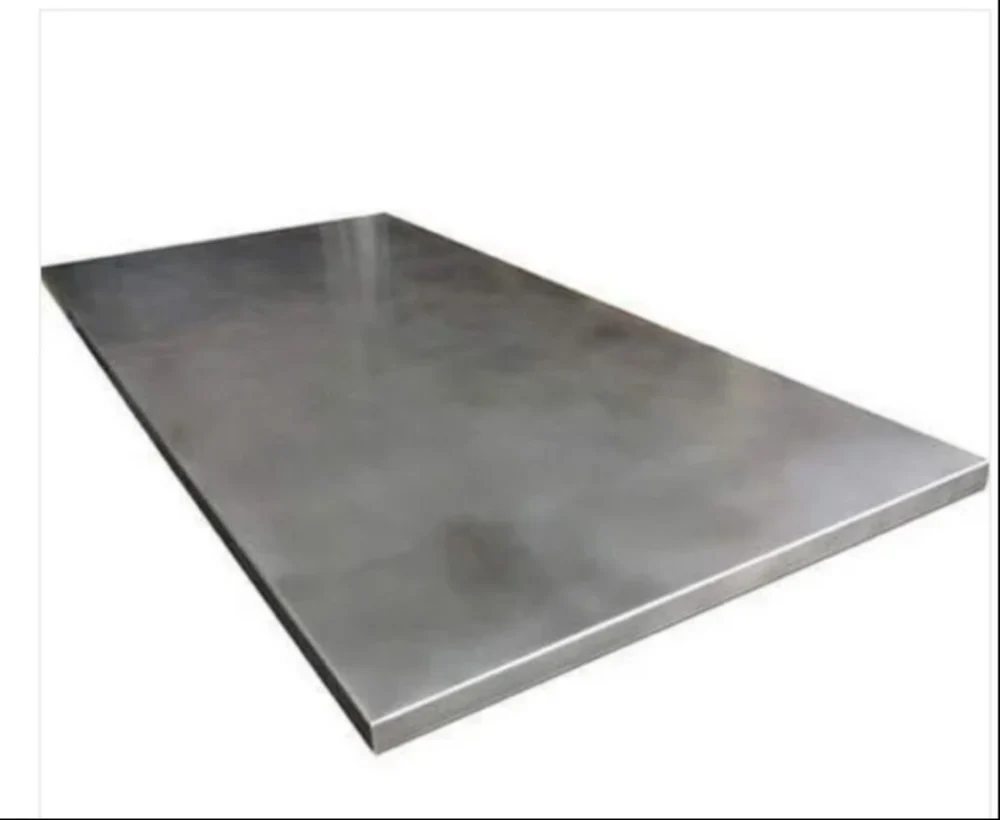Boiler quality plates (BQ plates) are widely used in industries where there are similar high-pressure and high-temperature demands. These plates are for use in harsh conditions and are used in the manufacturing of boilers, pressure vessels and other manufacturing structures. Selecting the right boiler quality plate for a project is very important in order to avoid future problems such as failures and health issues. Here is a guide that will assist you make the right decision when choosing between the two.
Understand Your Project Requirements
The first step is to define your project’s needs. Consider factors such as operating pressure, temperature, and the environment in which the plate will be used. For example:
- High-pressure applications require plates with excellent tensile strength.
- Corrosive environments necessitate materials with high corrosion resistance.
- Knowing these requirements allows you to narrow down the suitable grades and specifications.
Check Material Specifications
Boiler quality plates are produced in various grades like ASTM A516 Grade 60/70 and are widely famous due to their mechanical properties. When selecting a plate, ensure it meets the required specifications, including:
- Chemical composition: A balance of carbon, manganese, silicon, and other elements ensures strength and performance.
- Mechanical properties: Look for plates with high tensile and yield strength and adequate elongation.
- Consider Thickness and Size
Choose the plate thickness and size based on your project’s structural demands. More massive plates are appropriate for powerful equipment, whereas thin plates are suitable for low-stress applications. Always confirm the availability of standard sizes to minimise material wastage.
Evaluate Heat Treatment
The heat treatment process impacts the plate’s strength and toughness. Common treatments for boiler quality plates include:
- Normalised: Increases the homogeneity of the grain structure and, therefore, the mechanical characteristics of the material.
- Stress-relieved: Reduces residual stresses, ensuring dimensional stability during operation.
- Discuss your specific requirements with your supplier to select the appropriate treatment.
- Ensure Compliance with Standards
Boiler quality plates must adhere to industry standards such as ASME, ASTM, or EN. Compliance ensures the material has been tested and certified to meet safety and performance benchmarks. Always request certification documents from your supplier.
Assess Durability and Resistance
For projects involving harsh conditions, prioritise plates with excellent resistance to:
- Corrosion: Prevents material degradation over time.
- Abrasion: Protects against wear and tear from constant use.
- Temperature extremes: Maintains integrity under thermal stress.
- Partner with a Reliable Supplier
Choosing the right supplier is as important as selecting the material itself. A trusted supplier will provide high-quality boiler quality plates that meet your specifications. They should also offer guidance on grade selection and after-sales support.
Conclusion
Choosing the right boiler quality plate is a very important decision that determines the safety and reliability of your project. Some of the considerations that can be made include material and thickness, heat treatment, and standard compliance to achieve the best performance. This is even more important when it comes to choosing the plates because working with a reliable supplier ensures the quality of the plates.
For any project requiring durable and high-performing boiler quality plates, make informed choices to achieve the best results.


